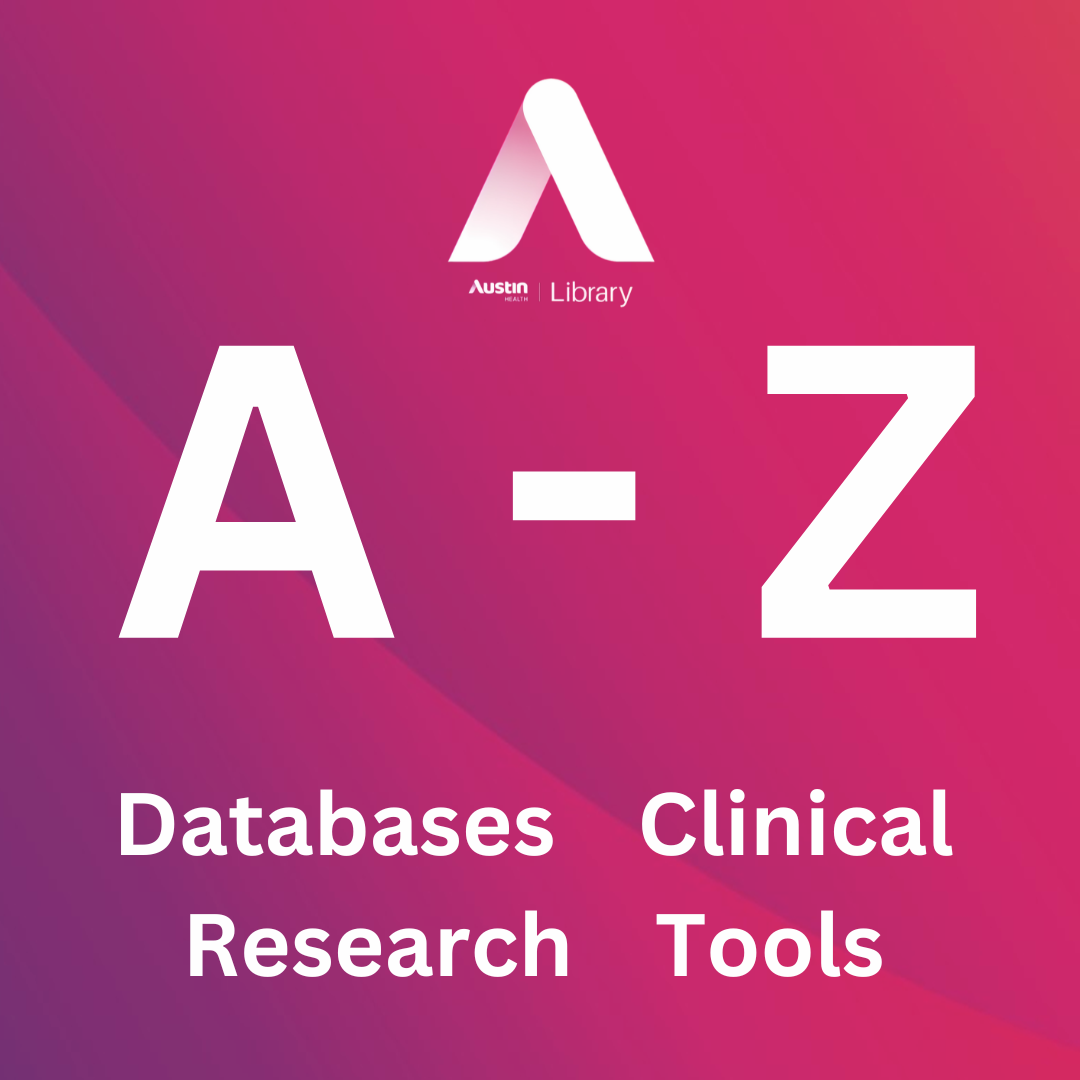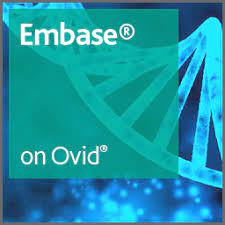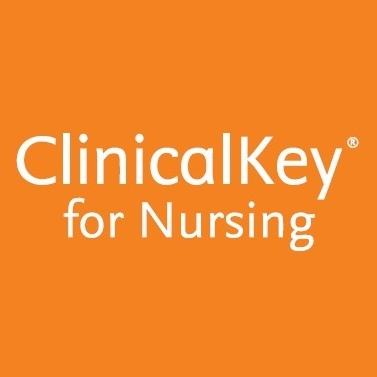Austin Health Sciences Library
Austin Health and Mercy Heidelberg Library Service
Databases
A-Z Databases, clinical and research tools
A-Z databases, clinical and research tools
An alphabetical list of databases, research and clinical tools available at the Austin Library.
Browse, use the A-Z links to go directly to the resource you want, search by name or keyword or use the subject drop-down list.
If prompted, use your Austin IT credentials to log in.
Highlighted Collections
Nursing & Allied Health
 Emcare |
 Ovid Nursing |
Mental Health
|
|










